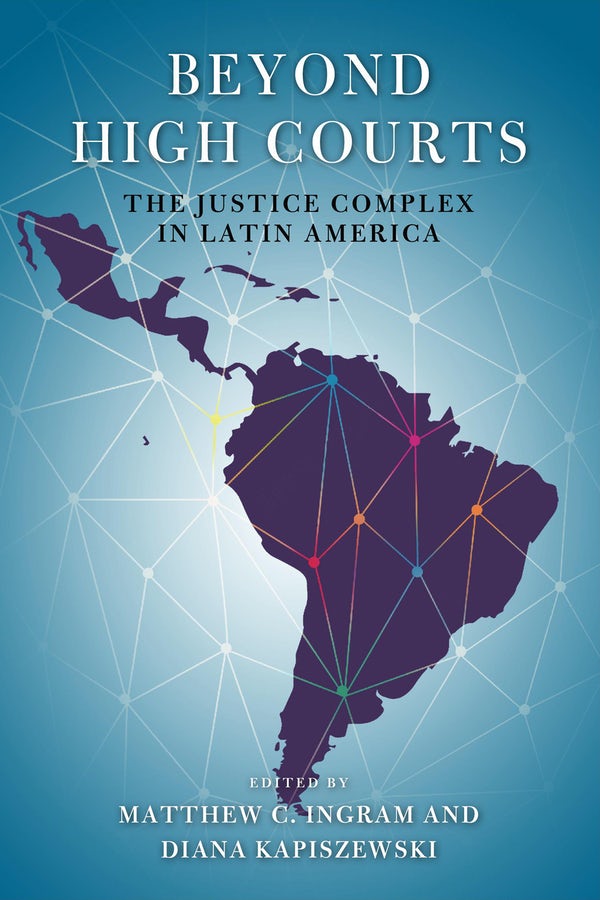Reforms to the Public Prosecutor’s Office in Brazil, Chile and Mexico: The Role of Justice-Sector Interest Groups

In third-wave democracies such as Brazil, Chile and Mexico, changing the rules of the game by which the Public Prosecutor’s Office (PPO) operates has been crucial in order to foster the rule of law and implement democratic procedures. Under authoritarian governments, the office of the prosecutor was used by the executive to punish enemies, while due process was a privilege reserved for the regime’s supporters. Democracies, however, require prosecution services that provide equal access to justice for all citizens and avoid the use of the justice system for political purposes. Without introducing reforms to the PPO, other institutional changes such as those aimed at courts during the first stage of democratization will not work as reformers expect because tribunals do not work alone. This chapter seeks to understand what an apolitical PPO looks like and how PPO reforms take place. This contribution broadens judicial politics studies by analyzing an important, yet under-studied, legal institution. I focus on constitutional reforms to the PPO and the actors who made those reforms possible.